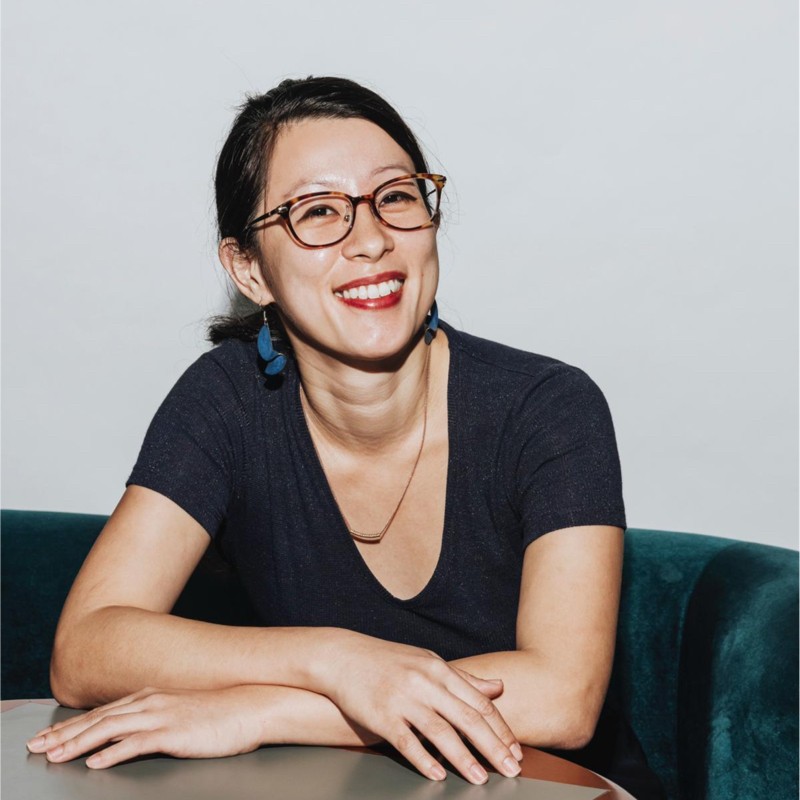The Samsung Galaxy Z Fold2 is exciting in a way that phones haven’t been for a while, while WhiteCoat has come and redefined the patient experience by simplifying it with technology
In a world that is now largely digitised, the scope for innovation is enormous. Most things are just another iterative improvement of something that’s a dime a dozen in the saturated tech world. Which is why we need different, like what the Samsung Galaxy Z Fold2 has done for smartphones and what WhiteCoat has for healthcare. The Fold2 is exciting in a way that phones haven’t been for a while (it’s the more polished and even more capable Galaxy Fold), whereas WhiteCoat has come and redefined the patient experience by simplifying it with technology. Here, we speak with Bryan Koh, founder of WhiteCoat and owner of the Fold2, about effective innovation and the future of smartphones and telehealth.
Hi Bryan, how are you liking the Samsung Galaxy Z Fold2, so far?
I like that it allows me to multitask. I get a lot of emails every day and I’m always stuck on back-to-back conference calls, even on the go. Or if I’m stuck at the office, I find it very distracting to work on my phone and computer, so I like to focus on one device. With the Galaxy Z Fold2, I can do multiple things at once. I can have a conference on, and when it’s not specifically addressed to me, I can start clearing my emails or take notes on the side as well. Unlike other devices, I don’t have to double tap and toggle between screens. Everything is seamless and besides that, I can even use the phone like a mini laptop.
Do you think that this is the future of smartphones?
I would say that I will no longer look at smartphones the same way. I never used to think it further than the iPhone or Pixel, but with the Fold2, it has opened the door wide open again, as to what a smartphone should be.
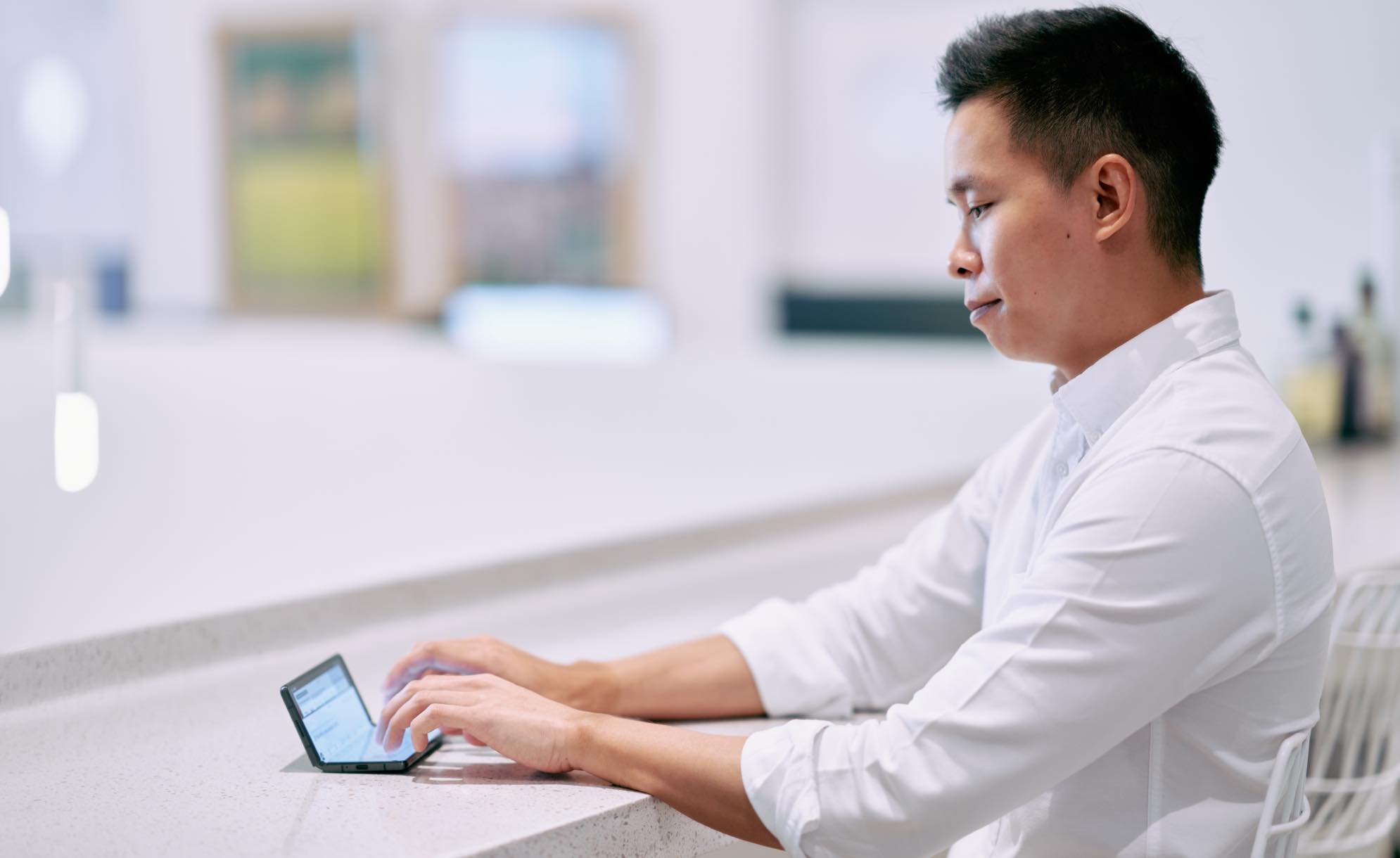
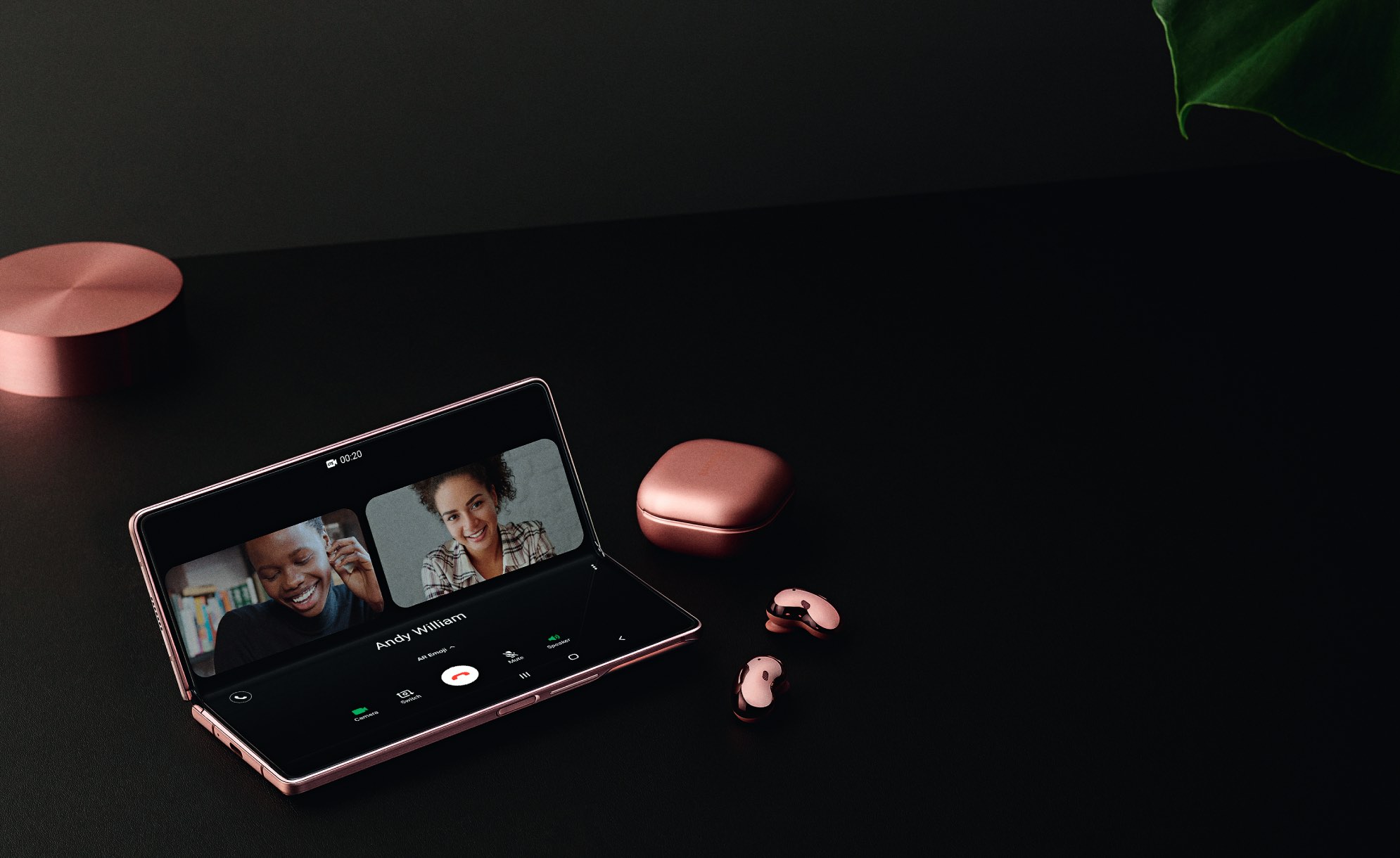
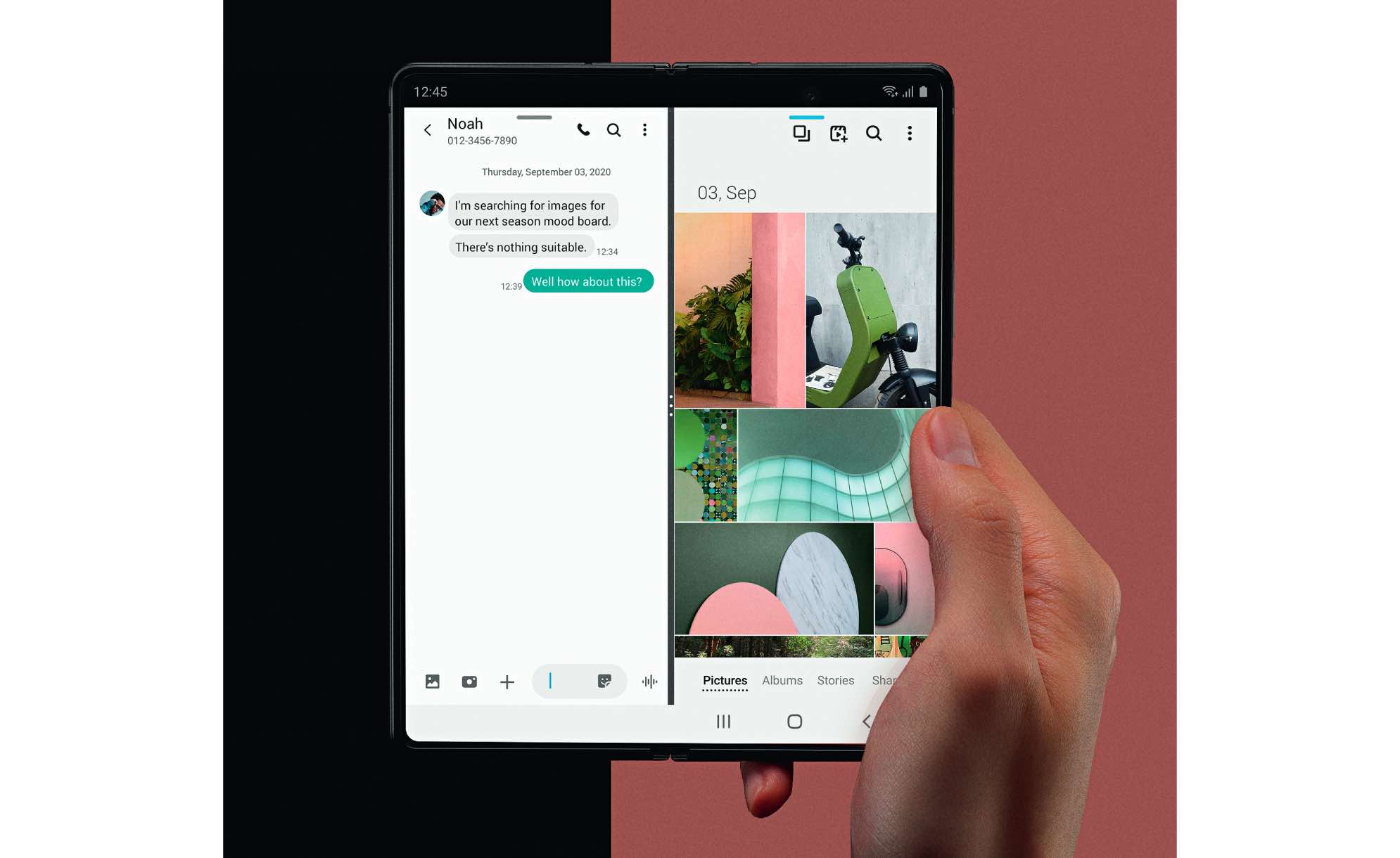
Well, Samsung believes in embodying change and challenging the status quo. You guys must believe the same at WhiteCoat.
We are big believers in technology, and I think we identify with what Samsung does. It draws a lot of parallels to the industry that I’m currently in. If we look at healthcare from a traditional lens, not only do you dread being sick, but you also dread the typical experience. You’d have to travel to the clinic, wait your turn, see the doctor, wait again for your medication and travel all the way back.
So, change is important. We belong to an increasingly tech-driven world with on-demand applications that enable every aspect of our lives, be it e-commerce, ordering food or hailing a ride. Imagine the possibility of accessing healthcare services from wherever you are, at any time of the day.
How have you helped the less tech-savvy adjust and instill confidence in a technology like WhiteCoat?
When we started on this journey, we knew that healthcare shouldn’t be ‘Uber-ised’, [at least] for the time being. Healthcare is not like taking transport, where you can hop into any given vehicle. I think patients really want to be able to be able to build that trust with a doctor. At the start, we hired our own doctors as we wanted doctors who firmly believed in this new modality of healthcare. They would dedicate all their time towards seeing patients on this platform, and give patients the assurance that proper medical care is being provided.
The process is much simpler than you might expect and can be summed up in three simple steps, starting with a one-minute registration process on our app. Patients have the option to select a doctor of their preference, or simply be assigned to the quickest-available doctor. The consultation takes place via video call, with medication prescribed in real time. Patients then have the option of purchasing any or all of the prescribed medication, with purchased medications delivered doorstep in as quickly as one hour.
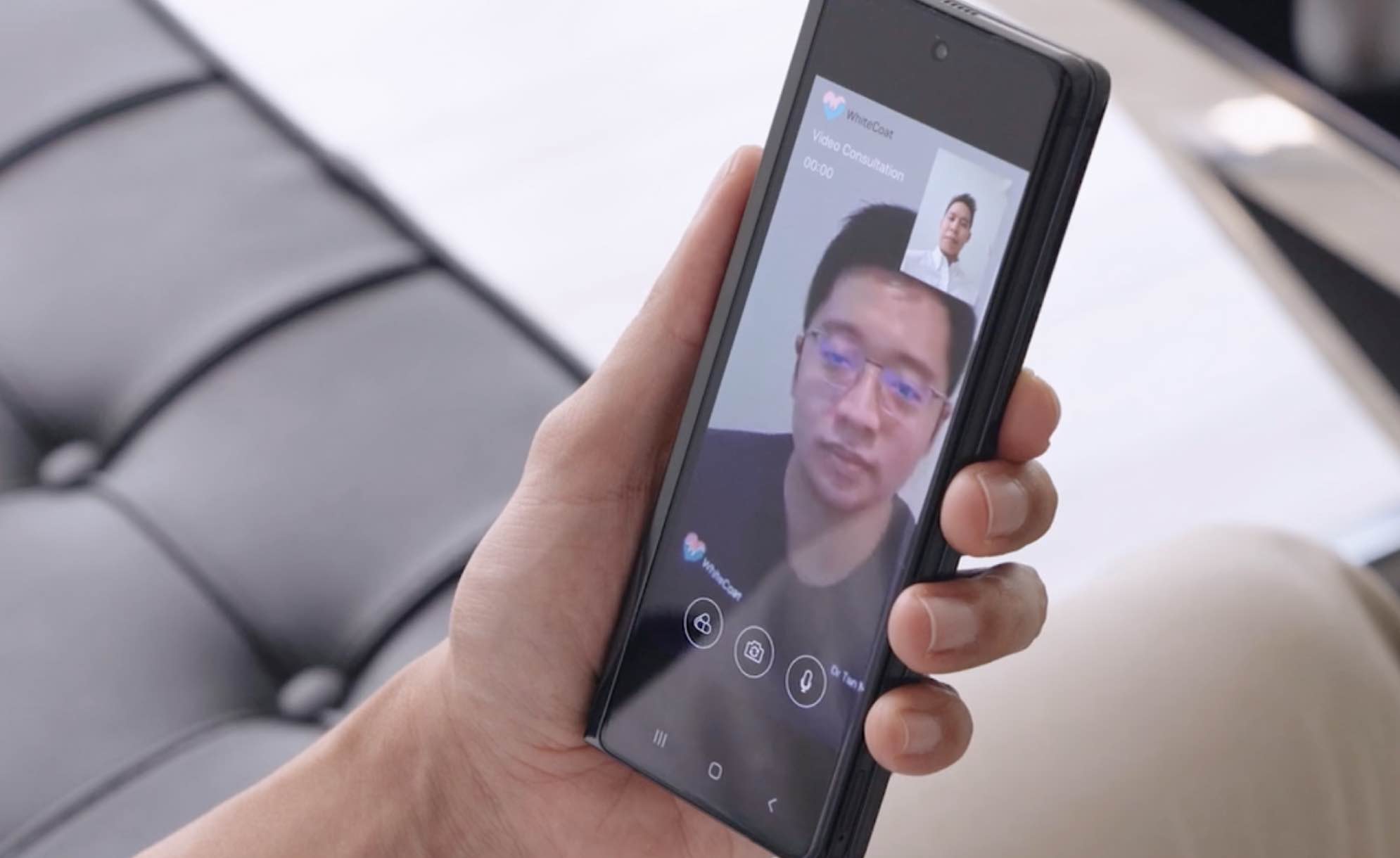
How can telehealth serve as a future model for human care and wellbeing?
What we have noticed is that there is a lack of continued care after each physical consult, with the onus on the patient to follow-up with the doctor. This is largely due to the practical realities of having to travel down to the clinic for the review. But this is where some may appreciate the irony of telehealth being a mode of delivery of the human touch. We are able to offer patients a patient-centric healthcare experience through timely access to speaking to a doctor in a comfortable environment of the home and provide active monitoring, tracking and reminders which facilitate continued and seamless condition management and treatment. We feel that helps build trust with the patient and what we importantly hope to demonstrate eventually is that this will result in better patient experiences and outcomes.
What are some of the main challenges you face at WhiteCoat when striving for sustainable innovation and performance excellence? How can one innovate effectively?
We experienced significant increase in our patient volumes since the outbreak of COVID-19. To share some of our own statistics, consultation load increased by 15 times in the first half of 2020 as compared to the first half of 2019. In fact, our consultation numbers in the first quarter alone more than doubled that of the whole of 2019. The challenge that we faced was having to overcome overnight scaling and capacity issues to maintain our service performance standards. We had to make various adjustments to serve the increased number of patients, including a step-up in rostering and server load management.
The start-up ecosystem is highly competitive and as a company, we are all aligned that constant innovation is key and the product must continue to grow with the user and his evolving interests and needs. Sustainable innovation to me therefore involves dedicating time and other resources, not only towards maintaining performance standards, but also harnessing and integrating data points to make our product relevant at each stage of the user’s journey.
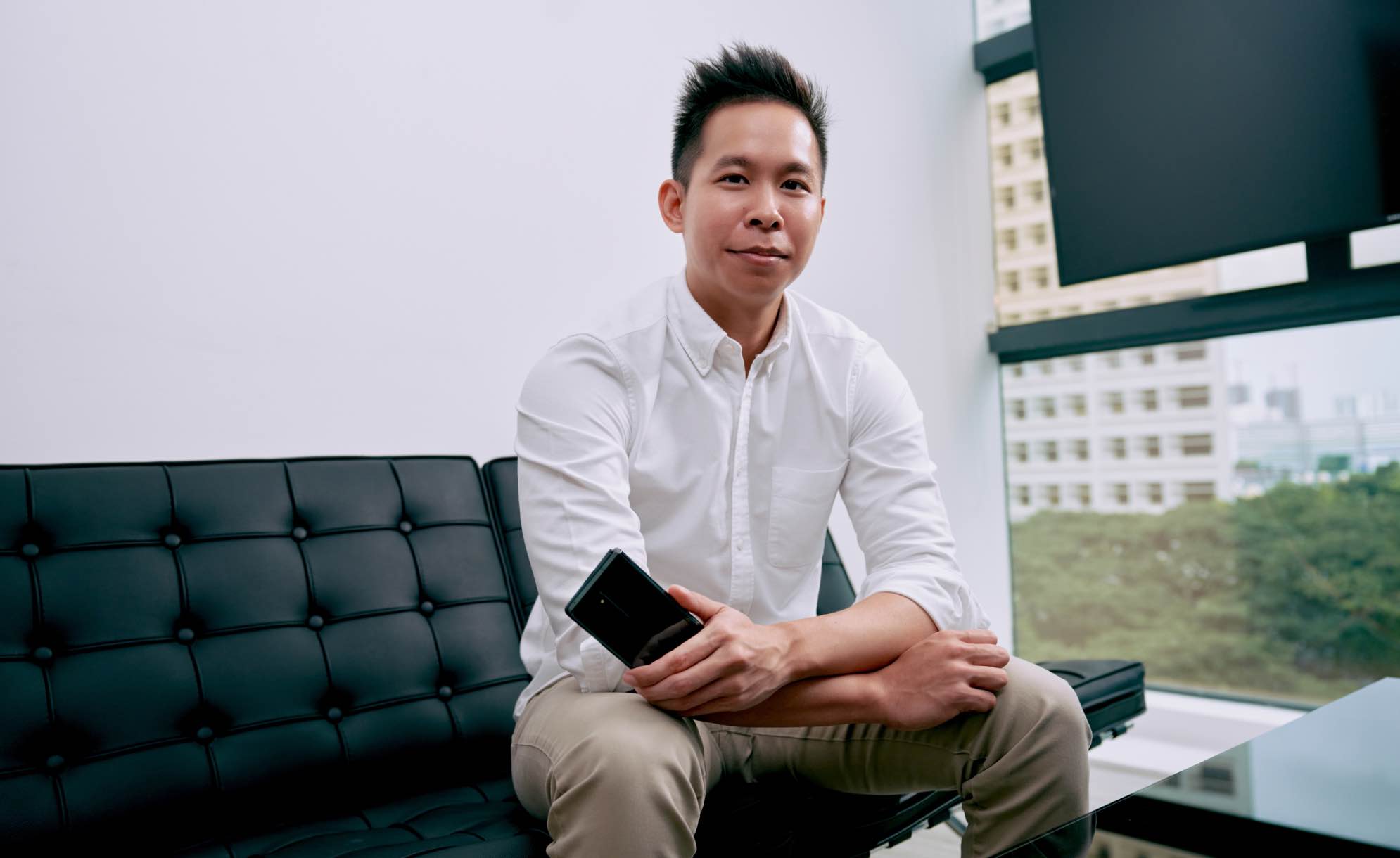
Did the pandemic necessitate a rapid incorporation of this technology?
Where previously we had encountered skepticism in adopting our remote care model, we now receive positive feedback and incoming requests from both doctors and corporates to be onboarded onto our platform. We believe that COVID-19 has led to a behavioural change which will continue post-pandemic, where people will regard telemedicine as the first point of medical advice and care.
What impact will your experience of COVID-19 have on WhiteCoat going forward?
COVID-19 has certainly brought forward the telemedicine revolution by at least a decade. The increasing ability to diagnose, treat and manage a range of acute and chronic conditions via a teleconsultation platform will drive the continued usage of our services far beyond its immediate adoption.
We have also catered for the now-heightened demand from patients to provide more healthcare options. For example, we have introduced mobile medical services which allow patients to have their blood drawn for laboratory tests from the comfort of the home, with such results accessible in-app. Patients can then tele-review their results with a doctor to continue their condition management seamlessly.


